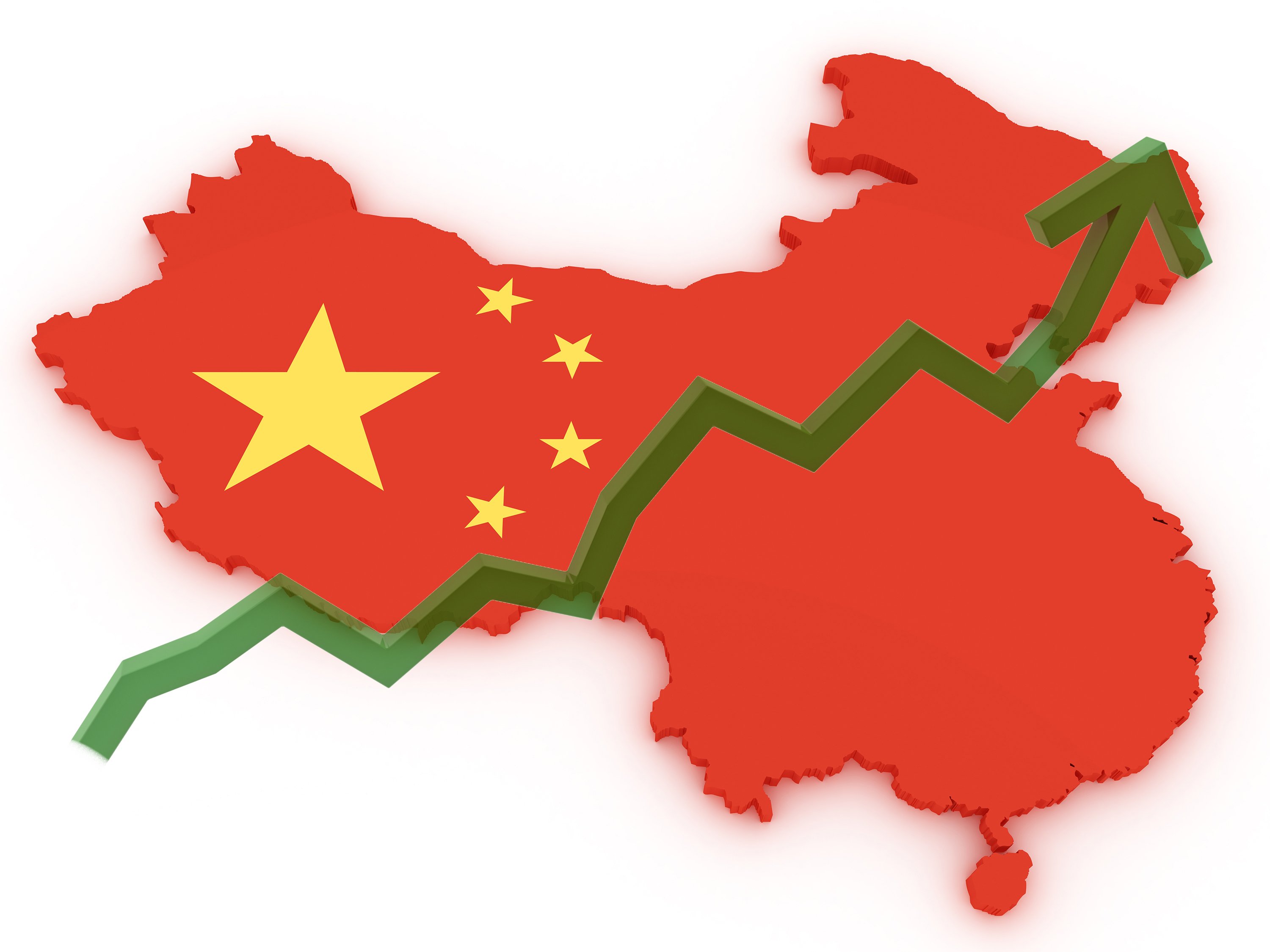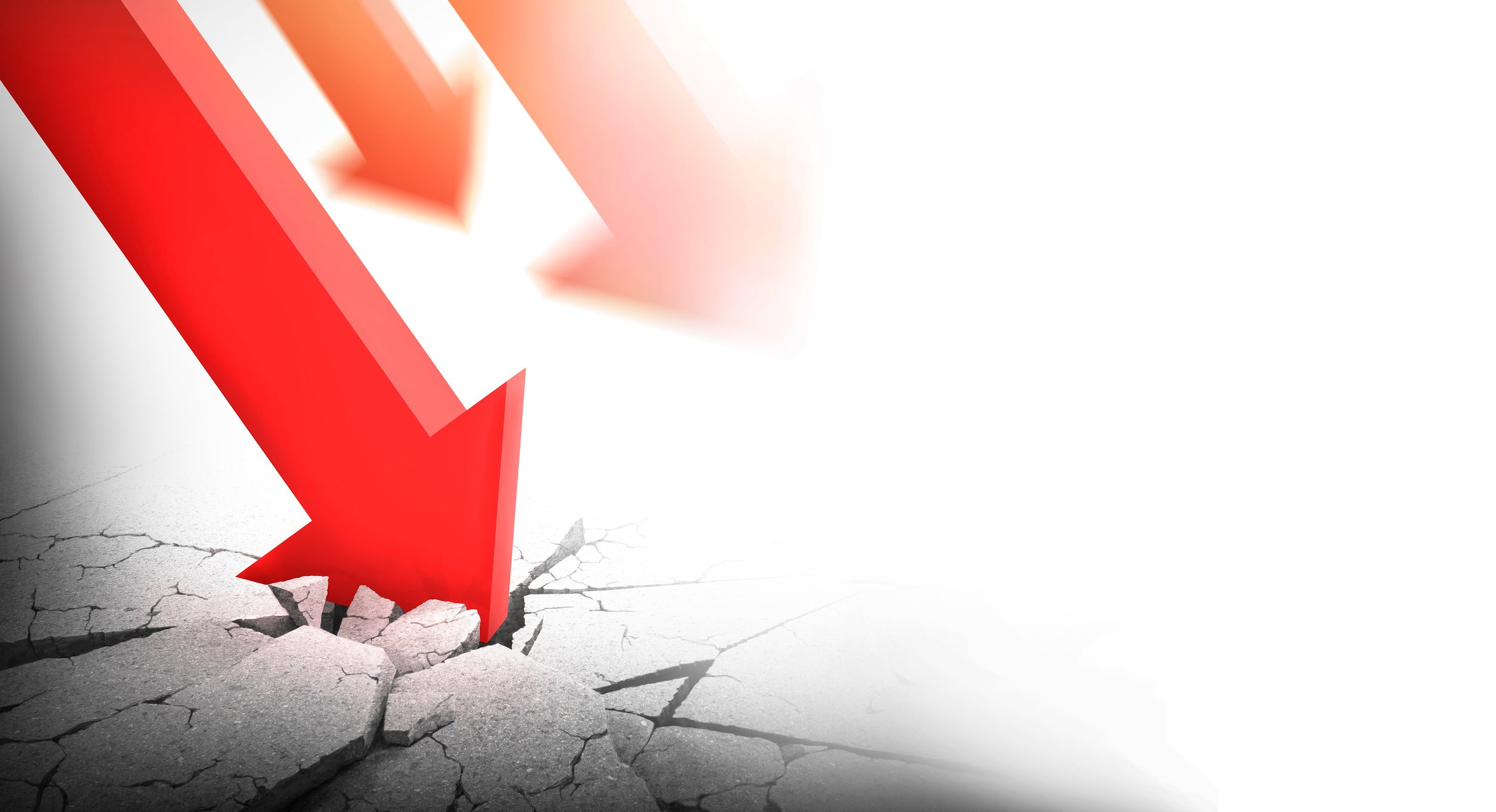Sociedad Quimica y Minera de Chile (SQM +0.46%) and Albemarle (ALB +1.88%) are two of the largest lithium producers in the world. Both companies harvest valuable lithium from the rich salt flats in Chile to be used for batteries in electric vehicles (EVs), conventional batteries, and some industrial products like greases, ceramic frits, and glasses. For investors who believe in the long-term value of lithium, though, which company is the better buy?

Image Source: Getty Images.
The lithium market
Sociedad Quimica y Minera de Chile, commonly known as SQM, is a Chilean-based chemical company that gets 43% of its gross profit from lithium, 24% from specialty plants and nutrition, 22% from iodine and derivatives, 8% from potassium, and 3% from industrial chemicals, according to the company's November corporate presentation. Although diversified, SQM has amped up its lithium investments in recent years, starting in 2016 when lithium emerged to dominate SQM's asset portfolio, a move that bolstered the stock over 50% in just one year. Now, SQM finds itself in a difficult situation, relying on the volatile spot-price markets to gauge lithium demand.
As a result of increased supply and wavering lithium demand, especially after China cut government subsidies on electric vehicles, SQM is in a bind, delaying a planned expansion in its Atacama salt flat until 2021.
Also struggling is the world's largest lithium producer, Albemarle, which delayed "construction plans for about 125,000 tonnes of additional lithium processing capacity, part of a plan to be cash flow positive within two years," according to Reuters. Like SQM, Albemarle has other specialty chemical businesses, including bromine specialties, catalysts, and fine chemical services.
Albemarle's third-quarter conference call candidly illustrated the struggles of the lithium market. "[T]here is an oversupply in the market today," said David Ryan, vice president of corporate strategy and investor relations at SQM. CEO Luke Kissam further elaborated on the short-term headwinds of the lithium market:
As you know the lithium market is dynamic. It offers a very strong future growth opportunity and the long-term secular growth trends remain fully intact. However, we are -- and we will be dealing with the challenging market conditions for the next 12 months to 18 months.
Unlike SQM, Albemarle relies on long-term contracts that insulate the company from short-term commodity price risk. The company positively notes that "year-over-year lithium prices [are] down about 30%, and Albemarle has been flat to up slightly on our year-over-year comparisons each quarter on lithium pricing." Still, Albemarle will have difficulty justifying expansion projects or aggressive sales goals when lithium prices are down around a third in the past year.
Other businesses
For now, the consensus view on why the lithium market is strained is simply that electric vehicle production hasn't caught up with demand. That said, Albemarle appears to be in a better position to handle this market due to the strength of its other core business segments.
|
Business Segment |
Metric |
Q3 2019 |
Q3 2018 |
Change |
|---|---|---|---|---|
|
Lithium |
Net sales |
$330.4 million |
$270.9 million |
21.9% |
|
Adjusted EBITDA |
$127.5 million |
$113.6 million |
12.2% | |
|
Bromine Specialties |
Net sales |
$256.3 million |
$232.6 million |
10.2% |
|
Adjusted EBITDA |
$88.8 million |
$78.6 million |
13% | |
|
Catalysts |
Net sales |
$261.3 million |
$251.1 million |
4.1% |
|
Adjusted EBITDA |
$66.9 million |
$62.6 million |
6.9% | |
|
All Other |
Net sales |
$31.7 million |
$23.1 million |
37.6% |
|
Adjusted EBITDA |
$10.4 million |
$4.0 million |
163.3% | |
|
Total |
Net sales |
$879.7 million |
$777.7 million |
13.1% |
|
Adjusted EBITDA |
$254.4 million |
$235.1 million |
8.2% | |
|
Adjusted diluted earnings per share |
$1.53 |
$1.31 |
16.8% |
Data source: Albemarle Q3 2019 results. EBITDA = earnings before interest, taxes, depreciation, and amortization.
In fact, Albemarle grew year-over-year net sales and adjusted EBITDA in every single one of its business segments, including lithium. In contrast, SQM suffered a 26% decrease in lithium and derivative revenues in Q3 2019 compared to Q3 2018. To make matters worse, all but one of SQM's other businesses are struggling. Specialty plant nutrition (SPN), potassium, and industrial chemicals were all down for the first nine months of 2019 versus the same period in 2018. SPN sales volumes were down 7% and prices were down 2%. Potassium sales prices went up 14%, but volumes were down 35%. The only silver lining was iodine, which benefited from a 19% increase in prices.
The winner
Both SQM and Albemarle have fallen into value stock territory and now yield 3.3% and 2.2%, respectively, making them worthy dividend stocks. Although SQM has a higher yield, Albemarle's portfolio of businesses is outperforming SQM's. In the current price environment, Albemarle's long-term contract model has protected the company from tumbling lithium prices, which is clearly hurting SQM's top and bottom lines. Until lithium prices recover, Albemarle appears to be the safer option, although SQM's reliance on spot prices will benefit the company more than Albemarle if lithium prices increase.







